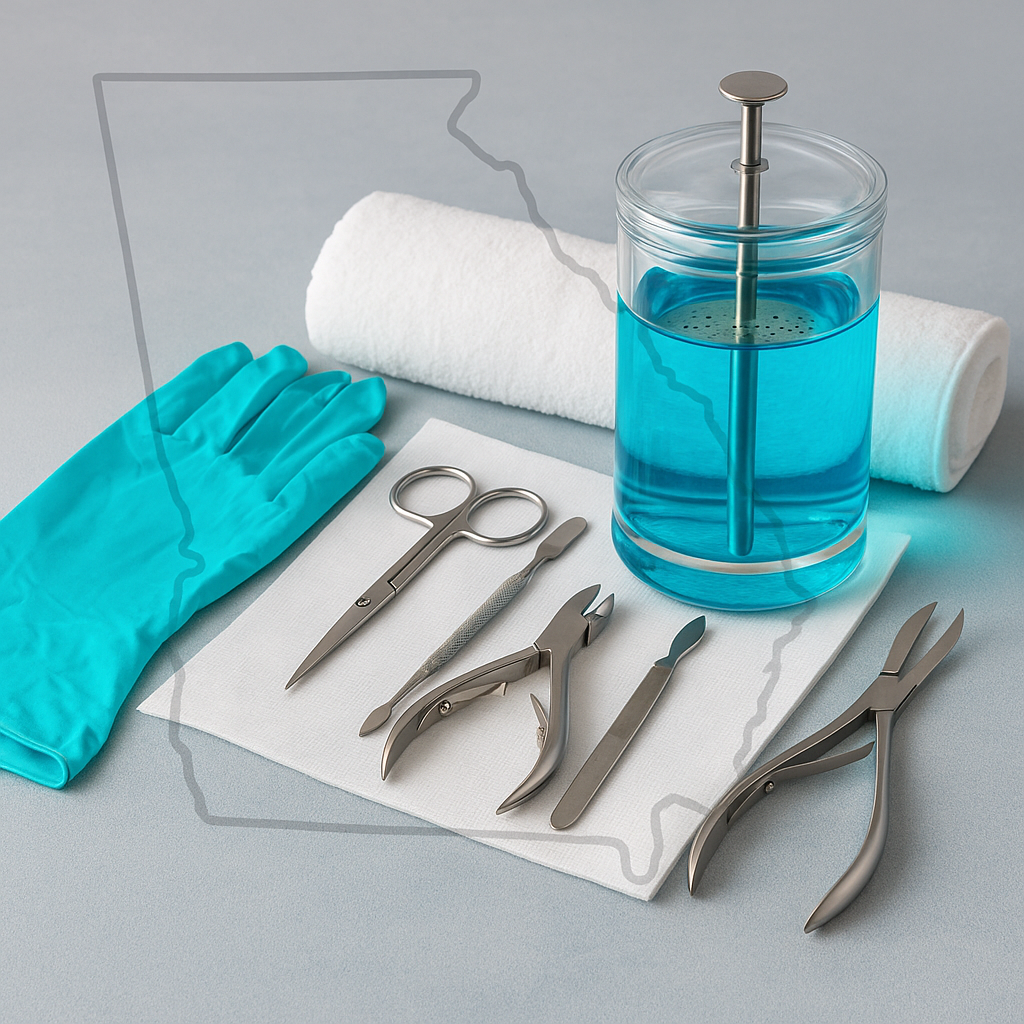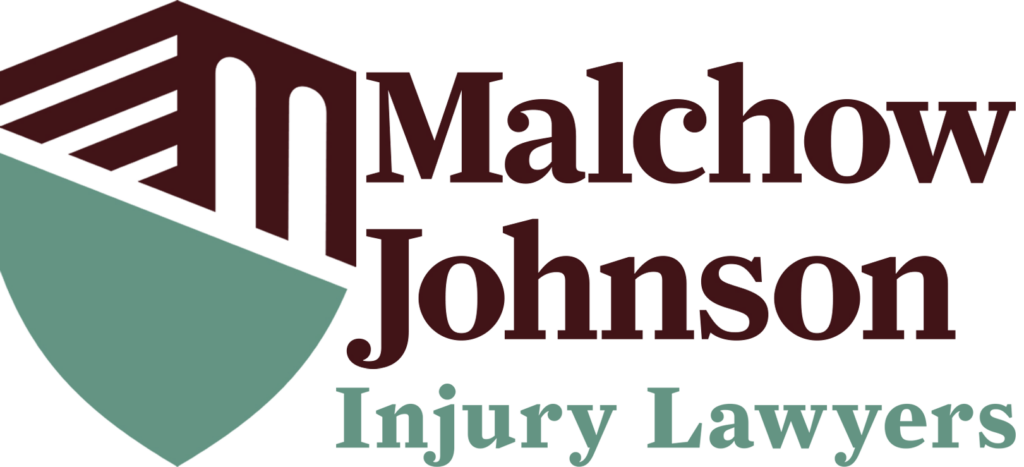Summary: What to Know Right Now
Most nail salons follow safe hygiene practices. When they do not, a simple manicure or pedicure can turn into a serious infection that threatens fingers, toes, and in rare cases a limb. If you notice pain that worsens after a salon visit, spreading redness, fever, drainage, or a wound that will not heal, seek medical care the same day. Save your receipt, take clear photos, and write down the salon’s name, date, and the services you received. Malchow Johnson Injury Lawyers helps clients in Augusta and across Georgia understand their options after salon-related injuries.
Why Infections Happen in Nail Salons
Warm, wet environments allow bacteria and fungi to multiply. Inadequately disinfected tools, reused files or buffers, contaminated footbaths, and aggressive cutting of cuticles can introduce germs through tiny breaks in the skin. Common culprits include staph and MRSA, fast-growing atypical mycobacteria found in poorly cleaned whirlpool tubs, Pseudomonas that can cause green nails and deeper infections, and dermatophyte fungi that start as athlete’s foot but can spread when skin is nicked.
How a Minor Infection Becomes a Medical Emergency
An untreated infection can track under the nail, into tendons, and then into bone. Once bone is involved, doctors call it osteomyelitis. Circulation problems, diabetes, or delays in care increase the risk that antibiotics and procedures cannot control the damage. In severe cases, surgeons may recommend partial or complete amputation of a toe, finger, or foot to stop the infection and protect overall health. The path from salon visit to surgery is rarely instant; it often includes several clinic visits, IV antibiotics, and procedures to drain pus or remove damaged tissue.
• Redness that spreads or forms streaks
• Swelling, throbbing pain, or warmth around the nail fold
• Pus, unusual discharge, or a foul odor
• Fever, chills, or feeling unwell
• Discoloration like a green nail or a blackened area under the nail
• A blister or ulcer that does not improve within 24 to 48 hours
What to Do if You Suspect a Salon-Related Infection
-
Get medical care now. Urgent care or an ER visit can prevent complications. Follow the plan your clinician gives you. If you received IV therapy, keep all discharge paperwork. If your doctor placed or discussed an IV line, this documentation can matter later. For context on medical device complications, see our discussion of IV-related injuries on our site.
-
Document everything. Photograph the affected area daily in good light. Keep your receipt, appointment confirmation, or bank statement, and write down the technician’s name if you know it. Save any text messages with the salon.
-
Preserve evidence. Do not trim away damaged skin or nails until a clinician has evaluated you. If you purchased tools or polish at the salon, keep the packaging.
-
Report the issue. File a complaint with the Georgia State Board of Cosmetology and Barbers and your local health department. This creates a paper trail and may uncover prior violations.
-
Avoid contact with the salon until you get advice. Do not sign forms or accept refunds or gift cards that might include waivers. If the salon’s insurer calls, decline a recorded statement until you have legal guidance.
How Liability Works in Georgia for Salon Infections
Negligence may involve failures to disinfect tools between clients, use of banned products, reusing single-use items, cutting live tissue, or operating without required licenses. In some cases responsibility can extend beyond the salon to a product manufacturer or a building owner when equipment or premises defects play a role. Proving fault often requires:
• Medical records connecting the infection to the service you received
• Salon records, sanitation logs, or surveillance footage
• Prior complaints or citations
• Expert opinions on proper disinfection and standard-of-care practices
If Amputation Occurs, the Damages Can Be Life-Changing
Amputation after an infection affects mobility, employment, and mental health. Damages that may be available in a Georgia injury case include medical bills and future care, home health or rehabilitation costs, prosthetics, lost wages and diminished earning capacity, and pain, suffering, and loss of normal life. In tragic cases where a family member dies from overwhelming infection, surviving family may consider a wrongful death claim to address funeral costs and other losses. Learn how wrongful death claims work and choosing a wrongful death attorney in Augusta in these blogs.
Practical Ways to Lower Risk at Your Next Appointment
• Pick a licensed salon. Look for posted licenses, current inspection grades, and technicians who wash their hands and wear gloves for invasive tasks.
• Ask about disinfection. Tools should be cleaned, then soaked in EPA-registered disinfectant for the required contact time. Footbaths need full disassembly and disinfection between clients.
• Bring your own non-metal files and buffers. These are often single-use.
• Skip cuticle cutting. Cuticles protect the nail matrix. Request gentle pushing back only.
• Postpone services if you have a cut, rash, or athlete’s foot. Broken skin increases risk.
• Tell the technician to stop if you feel pain. Bleeding is a sign to end the service and clean the area.
• Aftercare matters. Wash and dry feet thoroughly, change socks, and watch for early signs of infection for several days.
How a Lawyer Helps in Salon-Infection and Amputation Cases
An experienced injury firm can gather inspection records, coordinate expert reviews, work with your medical team to document the harm, and negotiate with insurers. If settlement offers do not reflect the true impact of an amputation or a complicated infection, a lawsuit may be necessary. Your role remains your recovery; your legal team handles the paper chase and deadlines. If an insurer presses you for a statement or quick release, speak with counsel first. You can also learn what happens in a personal injury deposition.







Local Context for Augusta and Nearby Areas
Our warm, humid summers in the Augusta area can make feet more vulnerable to fungal and bacterial issues, especially after long days in closed shoes or outdoor activities. Choose salons that prioritize ventilation and cleanliness, and give your skin a chance to recover between services.
When to Call a Doctor and When to Call a Lawyer
Call a doctor immediately for fever, severe pain, spreading redness, or if you have diabetes or circulation problems. Consider calling Malchow Johnson Injury Lawyers if a salon-related infection caused ER visits, IV antibiotics, missed work, scarring, or if a clinician mentioned surgery or amputation. We offer free consultations for Georgia residents and visitors injured here.
If you believe a nail salon’s poor hygiene caused your infection, reach out to Malchow Johnson Injury Lawyers for a free consultation. We serve Augusta, Richmond County, and nearby communities throughout Georgia, and we are ready to listen and guide you toward your next step.
Related Videos
Choosing a Personal Injury Attorney
How Much Is My Personal Injury Claim Worth?





